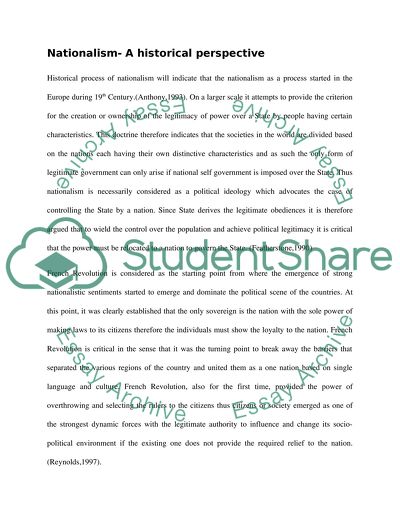Cite this document
(“Does nationalism need to be based on ethnic myths of descent Essay”, n.d.)
Retrieved from https://studentshare.org/politics/1561942-does-nationalism-need-to-be-based-on-ethnic-myths-of-descent
Retrieved from https://studentshare.org/politics/1561942-does-nationalism-need-to-be-based-on-ethnic-myths-of-descent
(Does Nationalism Need to Be Based on Ethnic Myths of Descent Essay)
https://studentshare.org/politics/1561942-does-nationalism-need-to-be-based-on-ethnic-myths-of-descent.
https://studentshare.org/politics/1561942-does-nationalism-need-to-be-based-on-ethnic-myths-of-descent.
“Does Nationalism Need to Be Based on Ethnic Myths of Descent Essay”, n.d. https://studentshare.org/politics/1561942-does-nationalism-need-to-be-based-on-ethnic-myths-of-descent.


